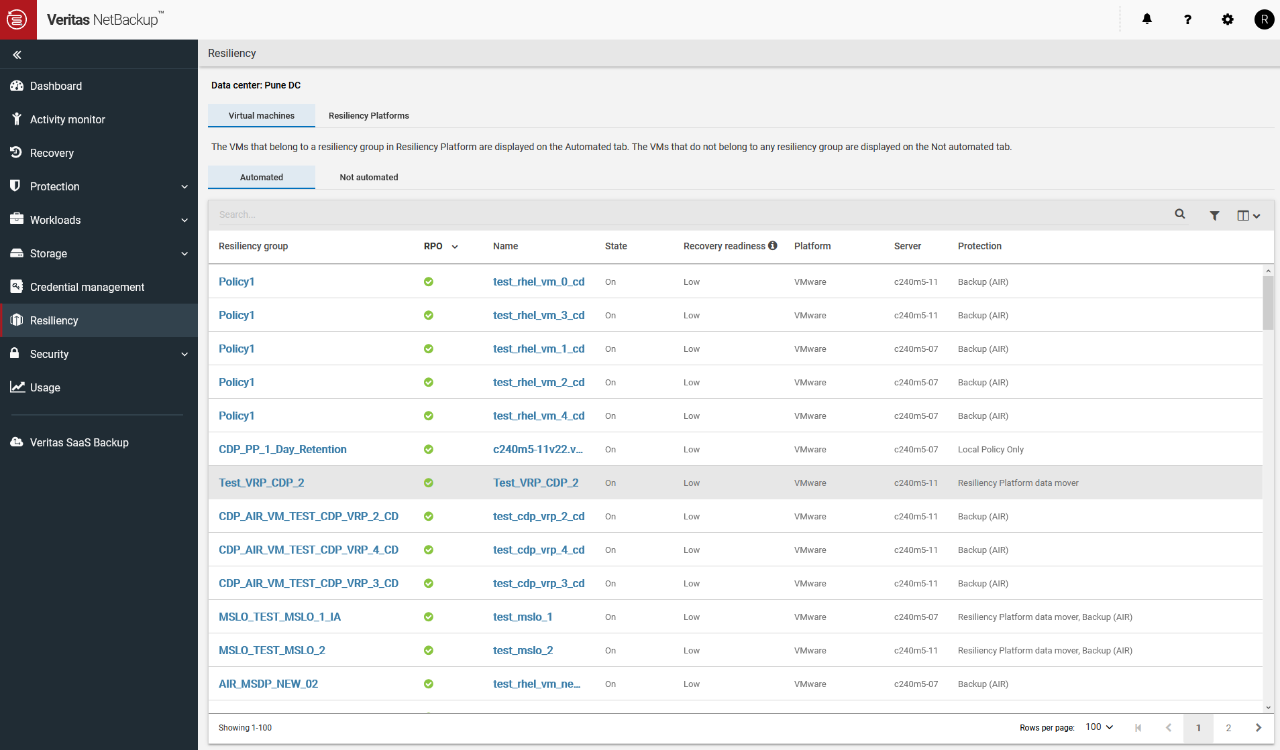FastAPI官网手册:https://fastapi.tiangolo.com/zh/tutorial/query-params/
上节内容:三周精通FastAPI:3 查询参数
请求¶
FastAPI 使用请求从客户端(例如浏览器)向 API 发送数据。
请求是客户端发送给 API 的数据。响应是 API 发送给客户端的数据。
API 基本上肯定要发送响应,但是客户端不一定发送请求。
使用 Pydantic 模型声明请求,能充分利用它的功能和优点。
说明:
发送数据使用
POST(最常用)、PUT、DELETE、PATCH等操作。规范中没有定义使用
GET发送请求的操作,但不管怎样,FastAPI 也支持这种方式,只不过仅用于非常复杂或极端的用例。我们不建议使用
GET,因此,在 Swagger UI 交互文档中不会显示有关GET的内容,而且代理协议也不一定支持GET。
导入 Pydantic 的 BaseModel¶
从 pydantic 中导入 BaseModel:
from fastapi import FastAPI
from pydantic import BaseModel
class Item(BaseModel):
name: str
description: str | None = None
price: float
tax: float | None = None
app = FastAPI()
@app.post("/items/")
async def create_item(item: Item):
return item下面详细解读代码
创建数据模型¶
把数据模型声明为继承 BaseModel 的类。使用 Python 标准类型声明所有属性:
class Item(BaseModel):
name: str
description: str | None = None
price: float
tax: float | None = None与声明查询参数一样,包含默认值的模型属性是可选的,否则就是必选的。默认值为 None 的模型属性也是可选的。例如,上述模型声明如下 JSON 对象(即 Python 字典):
{
"name": "Foo",
"description": "An optional description",
"price": 45.2,
"tax": 3.5
}……由于 description 和 tax 是可选的(默认值为 None),下面的 JSON 对象也有效:
{ "name": "Foo", "price": 45.2 }
声明请求参数¶
使用与声明路径和查询参数相同的方式声明请求,把请求添加至路径操作:
@app.post("/items/")
async def create_item(item: Item):……此处,请求参数的类型为 Item 模型。
结论¶ (到这里)
仅使用 Python 类型声明,FastAPI 就可以:
- 以 JSON 形式读取请求
- (在必要时)把请求转换为对应的类型
- 校验数据:
- 数据无效时返回错误信息,并指出错误数据的确切位置和内容
- 把接收的数据赋值给参数
item- 把函数中请求参数的类型声明为
Item,还能获得代码补全等编辑器支持
- 把函数中请求参数的类型声明为
- 为模型生成 JSON Schema,在项目中所需的位置使用
- 这些概图是 OpenAPI 概图的部件,用于 API 文档 UI
API 文档¶
Pydantic 模型的 JSON 概图是 OpenAPI 生成的概图部件,可在 API 文档中显示:
而且,还会用于 API 文档中使用了概图的*路径操作*:
编辑器支持¶
在编辑器中,函数内部均可使用类型提示、代码补全(如果接收的不是 Pydantic 模型,而是**字典**,就没有这样的支持):
还支持检查错误的类型操作:
这并非偶然,整个 FastAPI 框架都是围绕这种思路精心设计的。
并且,在 FastAPI 的设计阶段,就已经进行了全面测试,以确保 FastAPI 可以获得所有编辑器的支持。
同时还改进了 Pydantic,让它也支持这些功能。
Visual Studio Code、 PyCharm 和大多数 Python 编辑器都支持该功能
提示
使用 PyCharm 编辑器时,推荐安装 Pydantic PyCharm 插件。
该插件用于完善 PyCharm 对 Pydantic 模型的支持,优化的功能如下:
- 自动补全
- 类型检查
- 代码重构
- 查找
- 代码审查
使用模型¶
在*路径操作*函数内部直接访问模型对象的属性:
from fastapi import FastAPI
from pydantic import BaseModel
class Item(BaseModel):
name: str
description: str | None = None
price: float
tax: float | None = None
app = FastAPI()
@app.post("/items/")
async def create_item(item: Item):
item_dict = item.dict()
if item.tax:
price_with_tax = item.price + item.tax
item_dict.update({"price_with_tax": price_with_tax})
return item_dict请求 + 路径参数¶
FastAPI 支持同时声明路径参数和请求。FastAPI 能识别与**路径参数**匹配的函数参数,还能识别从请求中获取的类型为 Pydantic 模型的函数参数。
from fastapi import FastAPI
from pydantic import BaseModel
class Item(BaseModel):
name: str
description: str | None = None
price: float
tax: float | None = None
app = FastAPI()
@app.put("/items/{item_id}")
async def update_item(item_id: int, item: Item):
return {"item_id": item_id, **item.dict()}请求 + 路径参数 + 查询参数¶
FastAPI 支持同时声明请求、路径参数**和**查询参数。
FastAPI 能够正确识别这三种参数,并从正确的位置获取数据。
from fastapi import FastAPI
from pydantic import BaseModel
class Item(BaseModel):
name: str
description: str | None = None
price: float
tax: float | None = None
app = FastAPI()
@app.put("/items/{item_id}")
async def update_item(item_id: int, item: Item, q: str | None = None):
result = {"item_id": item_id, **item.dict()}
if q:
result.update({"q": q})
return result函数参数按如下规则进行识别:
- **路径**中声明了相同参数的参数,是路径参数
- 类型是(
int、float、str、bool等)**单类型**的参数,是**查询**参数 - 类型是 Pydantic 模型**的参数,是**请求
笔记
因为默认值是
None, FastAPI 会把q当作可选参数。FastAPI 不使用
Optional[str]中的Optional, 但Optional可以让编辑器提供更好的支持,并检测错误。
不使用 Pydantic¶
即便不使用 Pydantic 模型也能使用 Body 参数。详见请求 - 多参数:请求中的单值。
FastAPI请求实践
post 测试
写文件post.py
from fastapi import FastAPI
from pydantic import BaseModel
class Item(BaseModel):
name: str
description: str | None = None
price: float
tax: float | None = None
app = FastAPI()
@app.post("/items/")
async def create_item(item: Item):
item_dict = item.dict()
if item.tax:
price_with_tax = item.price + item.tax
item_dict.update({"price_with_tax": price_with_tax})
return item_dict
启动服务
uvicorn post:app --host 0.0.0.0 --reload
curl测试
服务器在192.168.1.5,如果在本地测试,直接写127.0.0.1即可。
curl -X POST http://192.168.1.5:8000/items/ -H "Content-Type: application/json" -d '{"name": "Bruce_Lee", "description":"this is a book of Bruce_Lee", "price": 12}'测试输出
curl -X POST http://192.168.1.5:8000/items/ -H "Content-Type: application/json" -d '{"name": "Bruce_Lee", "description":"this is a book of Bruce_Lee", "price": 12}'
{"name":"Bruce_Lee","description":"this is a book of Bruce_Lee","price":12.0,"tax":null}put测试
写文件put.py:
from fastapi import FastAPI
from pydantic import BaseModel
class Item(BaseModel):
name: str
description: str | None = None
price: float
tax: float | None = None
app = FastAPI()
@app.put("/items/{item_id}")
async def update_item(item_id: int, item: Item, q: str | None = None):
result = {"item_id": item_id, **item.dict()}
if q:
result.update({"q": q})
return result
启动服务:
uvicorn put:app --host 0.0.0.0 --reload
curl测试命令
curl -X PUT http://192.168.1.5:8000/items/1 -H "Content-Type: application/json" -d '{"name": "Bruce_Lee", "description":"this is a book of Bruce_Lee", "price": 12}'测试输出:
curl -X PUT http://192.168.1.5:8000/items/1 -H "Content-Type: application/json" -d '{"name": "Bruce_Lee", "description":"this is a book of Bruce_Lee", "price": 12}'
{"item_id":1,"name":"Bruce_Lee","description":"this is a book of Bruce_Lee","price":12.0,"tax":null}或者可以加上tax,测试命令+输出:
curl -X PUT http://192.168.1.5:8000/items/1 -H "Content-Type: application/json" -d '{"name": "Bruce_Lee", "description":"this is a book of Bruce_Lee", "price": 12, "tax": 0.12}'
{"item_id":1,"name":"Bruce_Lee","description":"this is a book of Bruce_Lee","price":12.0,"tax":0.12}


















